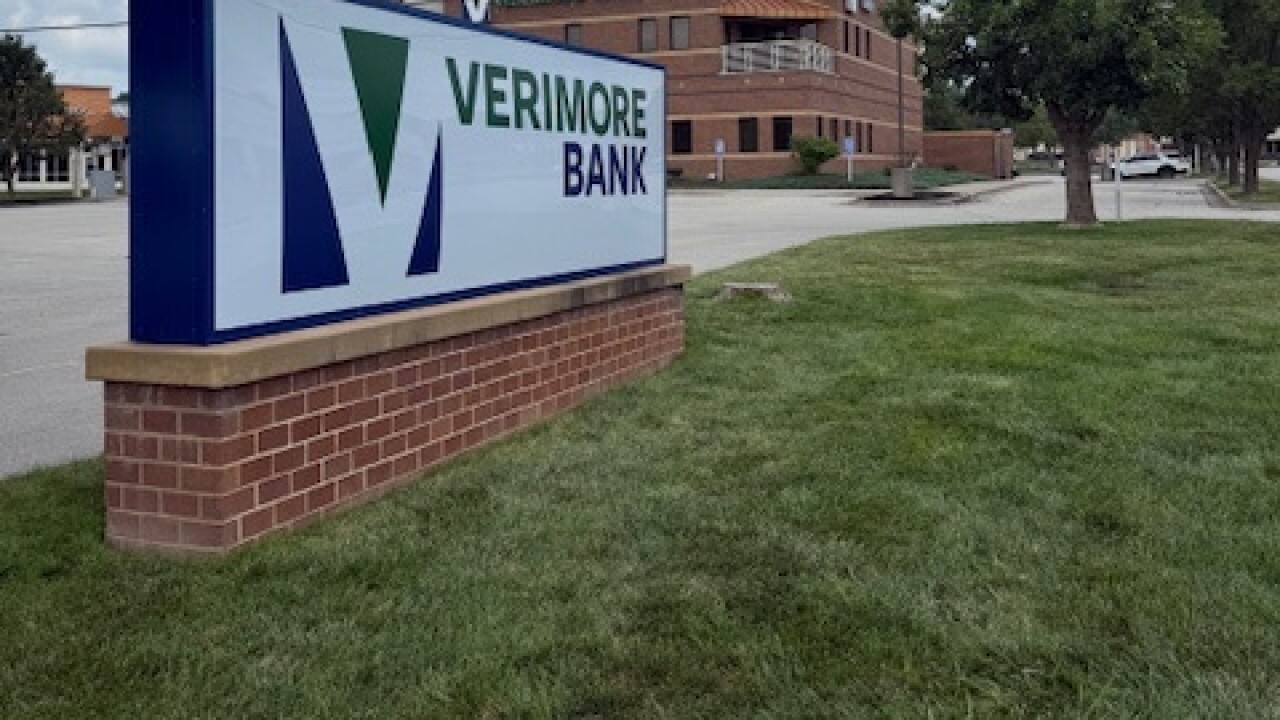WASHINGTON – William J. Bynum, chief executive of Hope Credit Union, was the recipient of a 2016 Herb Wegner Memorial Award for Outstanding Individual Achievement from the National Credit Union Foundation.
Hope FCU is a $181 million institution based in Jackson, Miss.
Bynum was recognized for his efforts to "provide vital financial services to under-privileged and underserved populations" and for his "advocacy for the credit union movement and his unwavering commitment to the credit union principle of people helping people."
"We have another hero from Mississippi, Bill Bynum, following on the heels of Clarence Hall Jr.'s inspiring presentation at last year's dinner," said John Gregoire, chair of the Foundation's Wegner Awards Selection Committee, in a statement. (Hall is CEO of $1.2 million Issaquena County FCU, a Mayersville, Mississippi-based credit union that also serves a very low-income constituency.
Like Hall, Bynum has shaped his own credit union to serve the community since having founded it in 1995, when it was known as "Hope Community Credit Union," and based in the Anderson United Methodist Church in Jackson, Miss. As a reflection of how marginalized Mississippi was, Hope CU was the only credit union chartered in the state between 1988 and 2014.
Catering largely to an impoverished African-American membership, Bynum and Hope CU sought to provide a financial services alternative to such practices as predatory payday lending and pawn shops that plagued local residents.
Initially relying on church volunteers to maintain the credit union's operations, more churches eventually joined Hope CU. In 2001, Bynum made the Enterprise Corporation of the Delta (ECD)—a business loan fund he organized to create jobs in the Mississippi Delta—the primary sponsor of Hope CU.
With that infusion of new capital and stronger infrastructure, Hope CU's membership kept growing – now, it is a federally chartered CDFI with more than 30,000 members from across the Southern U.S.
But the area remains challenging economically. The part of Mississippi where Hope was founded contains one-quarter of the most persistently impoverished counties in the U.S., with poverty rates exceeding 20% for three decades in a row.
Moreover, 81% of Hope's current membership are minorities and 52% come from households earning less than $35,000 per year. Also, more than one-third of members were unbanked when they joined Hope CU.
But over his career, Bynum has answered a number of challenges in communities facing long odds. In 1989, Bynum joined the North Carolina Rural Economic Development Center, where he managed investments in various community development operations. Through Hope CU, Bynum helped the Winston County Self Help Cooperative—a group of small black farmers—buy land in bulk for future projects.
In 1994, after the formation of the ECD, Bynum approved a loan to the tiny hamlet of Hughes, Ark. (population 1,500) to keep a cabinet manufacturer in town and save jobs. Now, the manufacturer has paid off the loans and continues to operate in the Arkansas Delta.
In recent years, Bynum has helped to expand Hope CU's branch network into economically distressed rural communities – all of which were at risk of no longer having a depository to serve local residents. The last four branches opened by Hope have been in communities of less than 2,000 people where the last active bank branch closed down its operations.
"Bill had—and has implemented—a broad, compelling, and daunting vision: not only to bring credit union services to low-income communities in Mississippi, but to develop a regional, multi-state strategy," said Cliff Rosenthal, the former assistant director of the Consumer Financial Protection Bureau. "Bill is serious, thoughtful and unswervingly dedicated. I regard him as a hero of the credit union movement."
Perhaps most dramatically, Bynum led efforts to help people who suffered the brunt of damage from Hurricane Katrina in 2005 – overwhelmingly low-income residents in Mississippi. Hope CU partnered with a local foundation and utility company to fund 2,500 accounts with recovery grants to help people stay afloat until monies from the Federal Emergency Management Agency arrived. They also helped 2,600 people get access to necessary resources, including tarps, clothes, cleaning supplies and relocation assistance.
To ward off any payday lenders from taking advantage of the catastrophe, Bynum helped create "My Home My Coast," a financial counseling program for low and moderate-income Mississippians to rebuild their homes after the deadly storms. The program provided nearly 10,000 people with financial counseling and generated over $600 million to rebuild homes.
"My first encounter with Hope Credit Union was in 2005, when I was living in New Orleans and lost my home in Hurricane Katrina. The task of putting my life together was hard, but Hope offered an interest free loan of $5,000 for survivors," said Sheila Randle, advisory board member of Hope CU. "I think this kind of commitment to our community clearly demonstrates Bill's compassion for other people."
Charles Elliott, president and CEO of the Mississippi Credit Union Association said: "Bill's commitment to meeting the needs of the unbanked, the underserved and abandoned communities is truly exceptional. I am simply amazed at his passion, innovation and leadership to accomplish what appears to be an impossible vision. Without question, Mississippi is a better state because of Bill Bynum."





